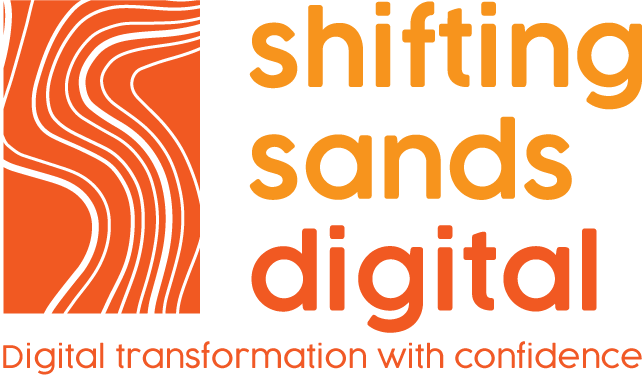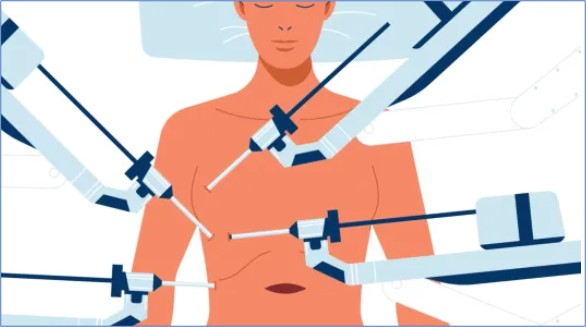Summary:
The article discusses how AI is transforming healthcare by enabling new possibilities and challenges in various domains, such as diagnosis, treatment, and patient care. It identifies 12 key trends where AI’s role is significant, and provides use-cases and future directions for each trend. The 12 trends are:
- Artificial Neural Networks: AI-driven ANNs are computational systems that mimic the human brain, analysing medical images to recognize patterns for improved diagnosis and treatment in healthcare.
- Augmented Reality: AI processes complex data to enhance AR in healthcare, enabling precise overlays during surgeries and rehabilitation.
- Blockchain: Blockchain securely stores healthcare data, and AI analyses this data to improve diagnostics and treatment efficacy.
- Brain-Computer Interfaces: AI enables BCIs to interpret brain signals and control external devices, such as prosthetics and exoskeletons, for enhanced mobility and communication in healthcare.
- Chatbots: AI-powered chatbots provide conversational assistance to patients and healthcare professionals, offering information, guidance, and support.
- Digital Twins: AI creates digital replicas of physical entities, such as organs and systems, to monitor and simulate their behaviour and performance in healthcare.
- Genome Editing: AI assists genome editing techniques, such as CRISPR, to manipulate DNA sequences and modify gene function in healthcare.
- Internet of Things: AI connects IoT devices and sensors to collect and analyse health data, enabling remote monitoring and management of healthcare.
- Nanotechnology: AI guides nanotechnology applications, such as nanobots and nano sensors, to deliver targeted therapies and diagnostics in healthcare.
- Quantum Computing: AI leverages quantum computing power to process large and complex health data, enabling faster and more accurate healthcare solutions.
- Robotic Process Automation: AI automates repetitive and mundane tasks in healthcare, such as data entry and billing, improving efficiency and productivity.
- Virtual Reality: AI enhances VR in healthcare, creating immersive and realistic simulations for medical training and therapy.
See Focus Topics for FULL ARTICLE

